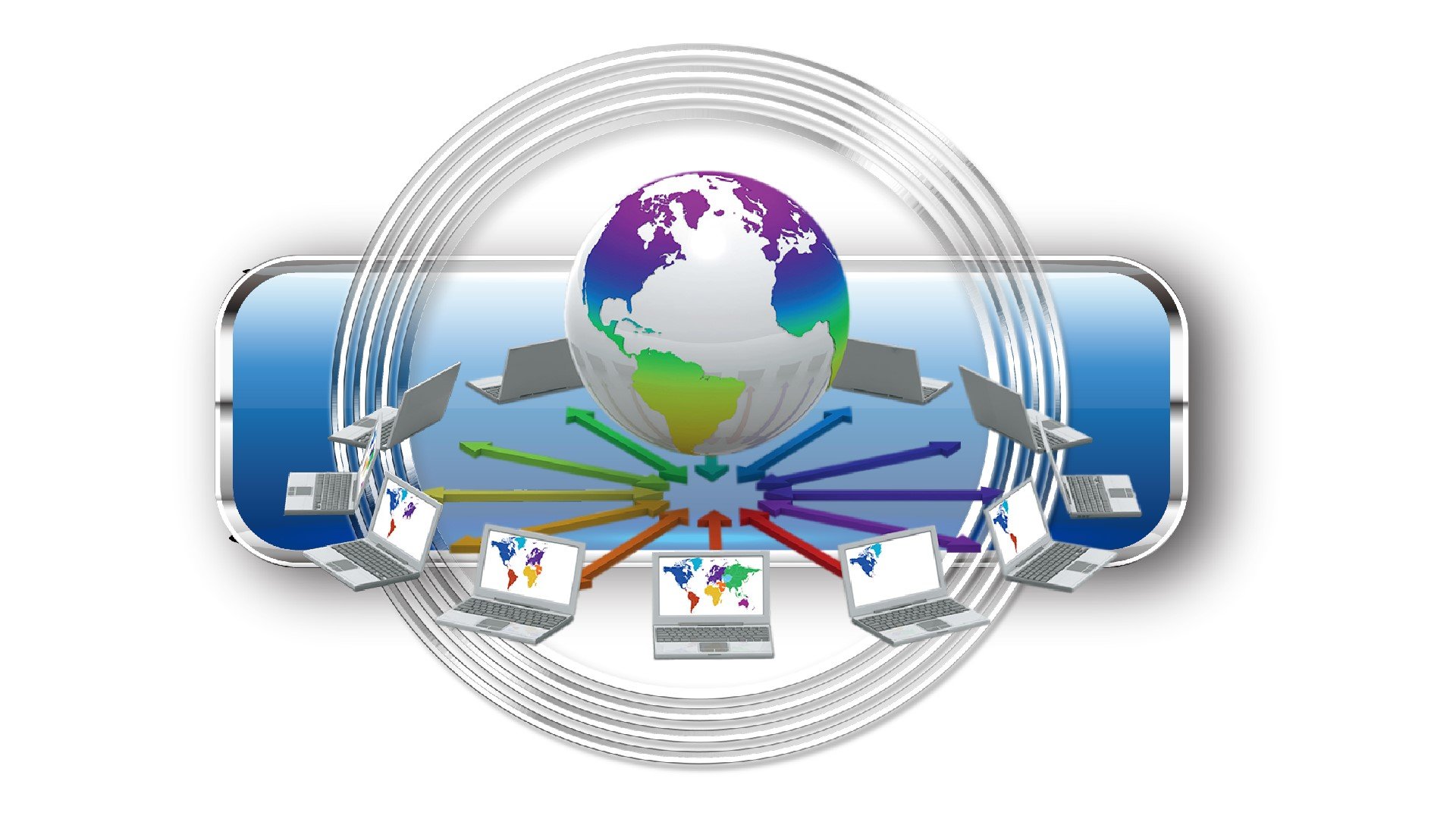Distributed verification systems of scientific and technological knowledge – a modern solution to a millennial problem
The age of monopolies has long passed. Developed countries have made every effort to ensure that the production of goods important to citizens is not in the same hands. In order for individual producers not to have the opportunity to dictate standards and prices for important raw materials or products to society.
Such an important institution of modern society as Wikipedia is gradually destroying the monopoly of governments and specialized scientific associations (corporations) on verified knowledge. Millions of users have created this encyclopedia, which is the most complete, in-depth and objective source of information in any language in the world. It is precisely because of the reliability and objectivity of the knowledge presented that many authoritarian rulers try to restrict access to Wikipedia in their countries.
The situation in the field of advanced technological developments is gradually changing. A hundred years ago, fundamental scientific and technological developments were mainly driven by large university research centers, state-owned or research centers owned by powerful corporations. But in the 21st century, the most effective technology companies are those whose development and even production began with the garages of their creators.
However, even today, technological developments and solutions for their implementation, production and research of samples and prototypes remain in the hands of large scientific, government or corporate centers.
That is why the fate of many new ideas and technologies often depends not on an objective assessment of the possibility and effectiveness of their implementation, but on the opinion of a particular official from the state or “official” science. Let’s imagine the psychology of the luminaries of science in their field. This man is deeply deserved, highly appreciated by various ratings and awarded with all possible prizes. He undoubtedly moved his branch of science forward and deservedly received wide recognition. However, now, by virtue of authority and habit, he stands guard over the basic tenets of his science. He regards any deviation from dogma as heresy and nonsense. And it’s always been that way. These are the properties of the human psyche. Thus, hierarchical systems put up barriers to compliance with the basic principle of scientific knowledge of the world – the possibility of challenging any norm or scientific dogma, criticism of existing scientific postulates. But it is this principle that is the basis for the movement of science forward.
Here is an example. 500 years ago, the only scientific point of view on the structure of the Solar system was that the Sun revolves around the Earth. For opposing this scientific point of view, one could lose a scientific career or even a life.
The result of such a structure of human hierarchical societies is that profound changes in scientific knowledge occur, as a rule, only with the change of generations. That is, no more than once every 25 years.
As for government officials, the whole world knows that their decisions are often extremely incompetent. As we have repeatedly noted, our team is extremely interested in the phenomenon of technological development of the Inca Empire. According to some estimates, this is the longest empire in world history that ruled the peoples of the West Coast of South America for 300 years. And in this, by many parameters, highly developed Empire, the wheel was not used! There is a legend about how this situation arose. Legend has it that at the dawn of the Empire’s creation, the Great Priest of the Sun, the chief priest of the Empire, during a multi-day meditation combined with the intake of special psychotropic substances, received a revelation from the gods – the Inca Empire will fall when a wheel appears on its roads! The Great Priest was an exceptional patriot. He wanted the good of his native country and by his authority banned the wheel in the subordinate territory of the Empire. Looking ahead, it can even be noted that the prediction did come true. 300 years later, a landing party of conquistadors arrived on horses and horse-drawn wagons (on wheels) and the Great Inca Empire ended its existence. What damage the Great Priest caused to the technological development of the Empire with his incorrect interpretation of the prediction, you can realize if you can imagine your hometown, which does not use the wheel.
But there is a way out! Today, many school laboratories have more technologically advanced equipment than a large scientific center 50-70 years ago. This is especially noticeable for modern computers. Even 50 years ago, any university in the world could only dream of such a powerful computing processor that controls your mobile phone today! The same collective intelligence systems such as Wikipedia will be able to be the most effective in verifying the scientific validity, reliability and applicability of most recent scientific ideas and will be able to become aggregators for the research and production of samples and prototypes of new modern technological devices. Individual units of such a collective intelligence system will contribute to the common cause and receive appropriate recognition and all kinds of community support. We dream that such a SciencePedia will become a platform where every aspiring talented scientist or engineer, being in the most remote corners, will be able to directly participate in group scientific and technological projects, and verification of the latest scientific ideas of the platform will be the topic of laboratory work in secondary schools.
Together we will push the society to a new scientific and technological frontier!


Leave a Reply